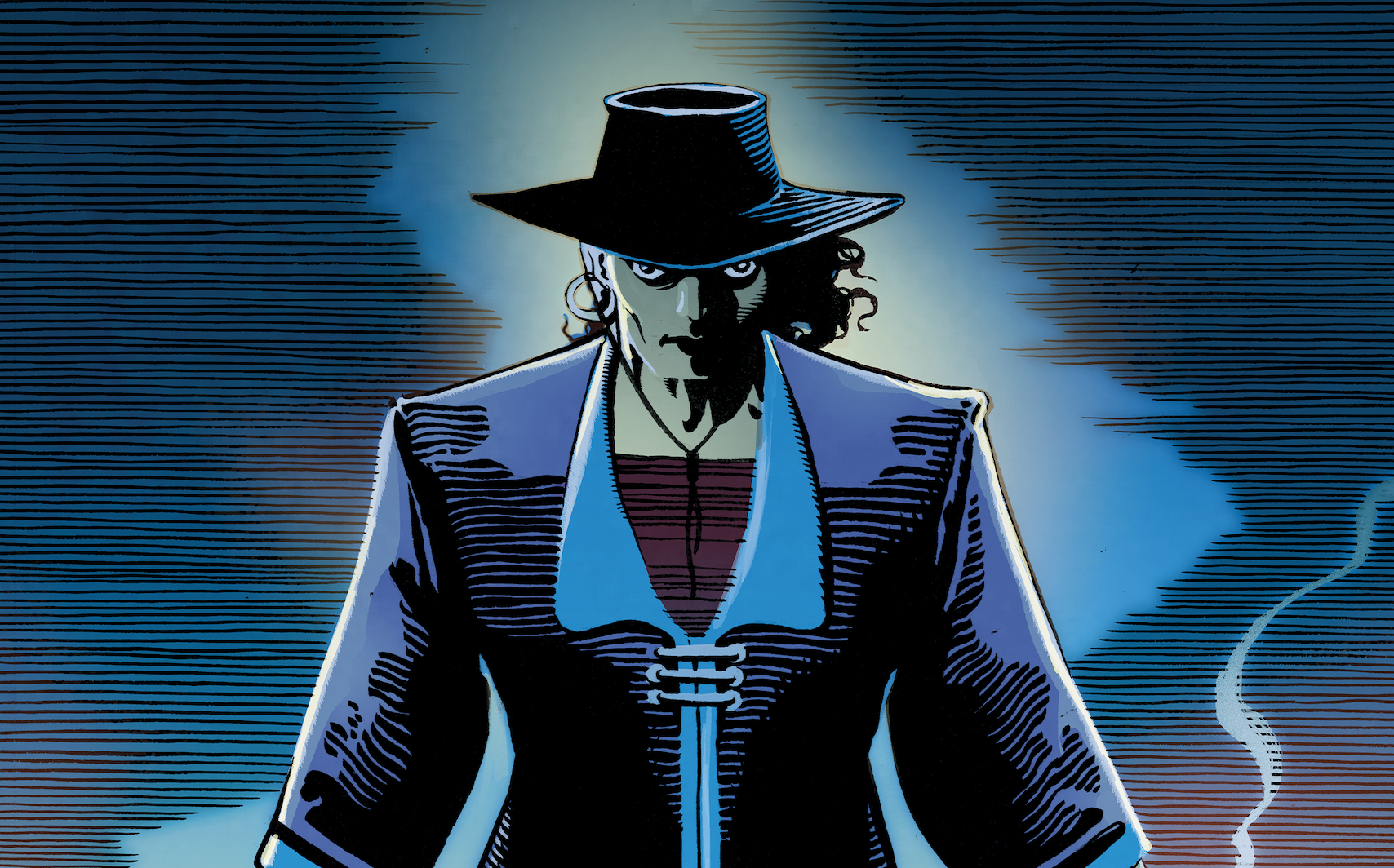
In 1960s Los Angeles a trailblazing group of nuns, The Sisters of the Immaculate Heart of Mary, bravely stood up to the patriarchy of the Catholic Church, fighting for equality, their livelihoods, and their own freedom against an all-powerful Cardinal who sought to keep them in their place. Their bold acts of faith, defiance and activism turned the Church upside down, helping to reshape our society in ways that continue to resonate today. From marching in Selma in 1965 to the Women’s March in 2017, they challenged the notion of what a nun and a woman were supposed to be.
These unlikely resistance fighters, including Anita Caspary, Helen Kelley, Pat Reif and iconic pop artist Corita Kent, were devoted to a life of service, not only to others but to themselves – forming a community that empowered each sister to live up to their fullest potential. Their desire to bring the church into modern life was met with forceful opposition at every turn. As each of them discovered their own talents and voices, they fully stepped into their roles as leaders in a movement that is still making waves.
In the feature documentary ‘Rebel Hearts‘, director Pedro Kos combines incredible archival footage, stunning animation and two decades of interviews conducted and filmed by the film’s producer Shawnee Isaac-Smith, to beautifully illuminate the story of these incredible women.
‘Rebel Hearts’ opens in theaters June 25 and on Discovery+ June 27, and in conjunction with the release, we had the opportunity to speak with Shawnee Isaac-Smith about the process of making the film, and what the team hopes audiences will learn from these rabble-rousing, rebel-WITH-a-cause, history-making nuns.
Can you tell us how you first started working on ‘Rebel Hearts’ and the journey the film has taken over 20 years?
I first heard about the Immaculate Heart Order shortly after I had graduated from UCLA. I wondered how different my education might have been if I had attended Immaculate Heart College and was taught by these progressive women. Having been raised Catholic, I understood what the oppression of women in the Catholic Church felt like and was in awe of what courage it must have taken to go up against such a rigid patriarchy. It didn’t take a lot of imagination to recognize that the lives of these inspiring women followed the path of a true hero’s (heroine’s) journey. The moment I heard their story, I knew that it one that had to be told. Many years later, I met a former IHM sister who introduced me to these women. I promised them that if they trusted me with their story, I would see it through to the end. Little did I know that this journey would take over 20 years to complete.
There has been a lot of media attention on the Catholic church over the past few decades, notably bad news. How do you hope Rebel Hearts will showcase a different side of these religious women?
Most of the negative media attention has focused on men (priests) in the Catholic Church. Religious women have always been the unsung heroes-working behind the scenes and getting very little acknowledgment for the many good works they have accomplished. I hope that their lives will inspire young women to have the courage to follow their hearts and to stand in their own power when they come up against difficult situations and experience inequality in the world.
For those not familiar with the Catholic church, what is at stake for nuns who go against the church’s teachings, and what did the Sisters of the Immaculate Heart of Mary risk?
The Catholic church has perpetuated the myth that women who stand in their power and fight for the rights of others are going against the church’s teachings. Working for peace, social justice, and protesting war, discrimination and inequality are actually the true teachings of Christianity. The Sisters of the Immaculate Heart were forced to give up their vows, something that they held sacred and holy. That was the ultimate sacrifice. But they understood that what they couldn’t sacrifice was their integrity and what they knew to be the true teachings of Christ in order to conform to a rigid and fallible obedience to a patriarchal institution.

The main characters in your film defied the rules in a bid to modernize the church. Why was it important for you to showcase their work?
The Immaculate Heart Sisters did not defy the rules- they were staying true to the directives of Vatican II, which encouraged them to experiment with changes. Vatican II asked them to find ways to become more “one” with the world that they were living in. The unfortunate convergence of this experimentation with the rigidity of the patriarchy (represented by Cardinal McIntyre) resulted in a conflict. The church gave them an ultimatum to either conform to a rigid, antiquated obedience or dispense from their vows.
How has the work of the Sisters of the Immaculate Heart of Mary shaped our political and social culture in America today?
The work of the Sisters of the Immaculate Heart of Mary and many other orders of nuns in the United States has, for the most part, paralleled the women’s movement and the evolution of the rights of women in our society. One of the unique characteristics of the Immaculate Heart Order was the importance they put on educating their sisters. They understood that education, which had been reserved exclusively for rich, white men, would give them an advantage in the world. They had more PhDs in their order than all of the priests in the Archdiocese of Los Angeles. They also owned and ran a high school and college, which educated a new generation of women who, in turn, went out into the world able to compete with men on a more equal playing field.
Were there any aspects of their story and journey that surprised you along the way?
When I first started shooting the documentary, I gave the sisters instructions to call me if they did anything out of the ordinary. Later I turned on the TV and saw them on the news protesting at an event. When I called them to say–”Hey, you are supposed to call me when you do anything out of the ordinary,” they responded, “Oh, we’re sorry.. but we didn’t think that was out of the ordinary.” So, after interviewing and getting to know these women over the last 20 years and understanding the conviction they all have to truth and justice, I can say that nothing would really surprise me about them now.

What was the most challenging aspect of working on this documentary and piecing it together over two decades?
There were many challenges along the way-some were financial, and some were from resistance within the Immaculate Heart Community itself which occurred when their leadership would change. When I got discouraged, I would try to hold on to the vision and memory of what these women stood for and how they continued to fight for peace and justice despite the many obstacles they had to face themselves.
The themes of fighting against patriarchy and pushing for equality are universal themes, so many of us can relate to. What do you hope audiences will learn from watching these Sisters fighting a very powerful institution?
I would like audiences to be inspired by the stories and courage of these women and understand that change takes time. Many of the same causes and inequalities that the IHMs were fighting for back then have changed only incrementally, if at all. But that hasn’t deterred them from challenging and questioning authority and the institutions that represent this oppression.
To quote Pat Reif, one of the main subjects in the film, “It’s not just a gender issue. Sexism, racism, ageism, homophobia, and colonialism are all forms of domination and are interlinked.” I hope that will be the ultimate takeaway for audiences when viewing our film.
You can watch ‘Rebel Hearts’ in theaters starting June 25, and on Discovery+ from June 27.

















